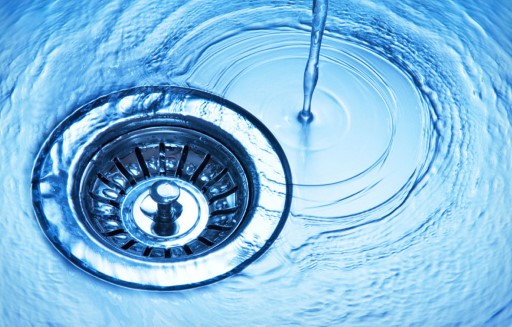Everything You Need to Know About Water Softeners
August 21, 2023

We don’t typically think of liquid as being either hard or soft. But when it comes to water, there is a big difference between hard water and soft water.
What exactly is hard water?
According to USGS, “water hardness is the amount of dissolved calcium and magnesium in the water. Hard water is high in dissolved minerals, largely calcium and magnesium.” Water hardness will vary depending on the presence of calcium and magnesium in the soil around water-supply wells.
If you’ve ever taken out a glass after running the dishwasher and noticed cloudiness or spots, then you’ve seen hard water residue. Every time hard water is heated, calcium carbonate is deposited in solid form. That’s why you may need extra soap or detergent to clean dishes and laundry.
What’s so bad about hard water?
Though hard water is not dangerous, it can reduce the life of appliances, decrease the efficiency of electric water heaters, clog pipes and increase the costs of heating water. Over time, the build up of mineral deposits can clog pipes and plug aerators and showerheads. Hard water can also end up dramatically restricting water flow and place a dangerous strain on the plumbing system.
Hard water also hinders the lathering and rinsing abilities of laundry detergent, shampoo and soap. As a result, laundered clothes can appear faded and taking a shower can leave skin feeling dry and itchy.
If you’ve just about had it with the annoying effects of hard water in your home, then it’s time to consider purchasing a water softener.
How do water softeners work?
The softener tank is filled with resin beads and the brine tank is filled with salt or potassium chloride pallets. Water softeners remove positively charged minerals through a process called ion exchange.
Check out this article by Popular Mechanics to learn more about the inner workings of a water softener.
Tips for Choosing a Water Softener
Before purchasing a water softener, you’ll need to:
- Determine how much water your home uses
- Consider how much sediment you would like to be filtered
- Decide if you want whole home filtered water
- Think about what level of efficiency you’d like
- Decide if you would like the taste and odor of chlorine to be removed
Once you’ve figured out what you’d like your water softener to do, reach out to our team for recommendations on eco-friendly brands and to schedule your service. The homeowners we work with love us because we get the job done right!
